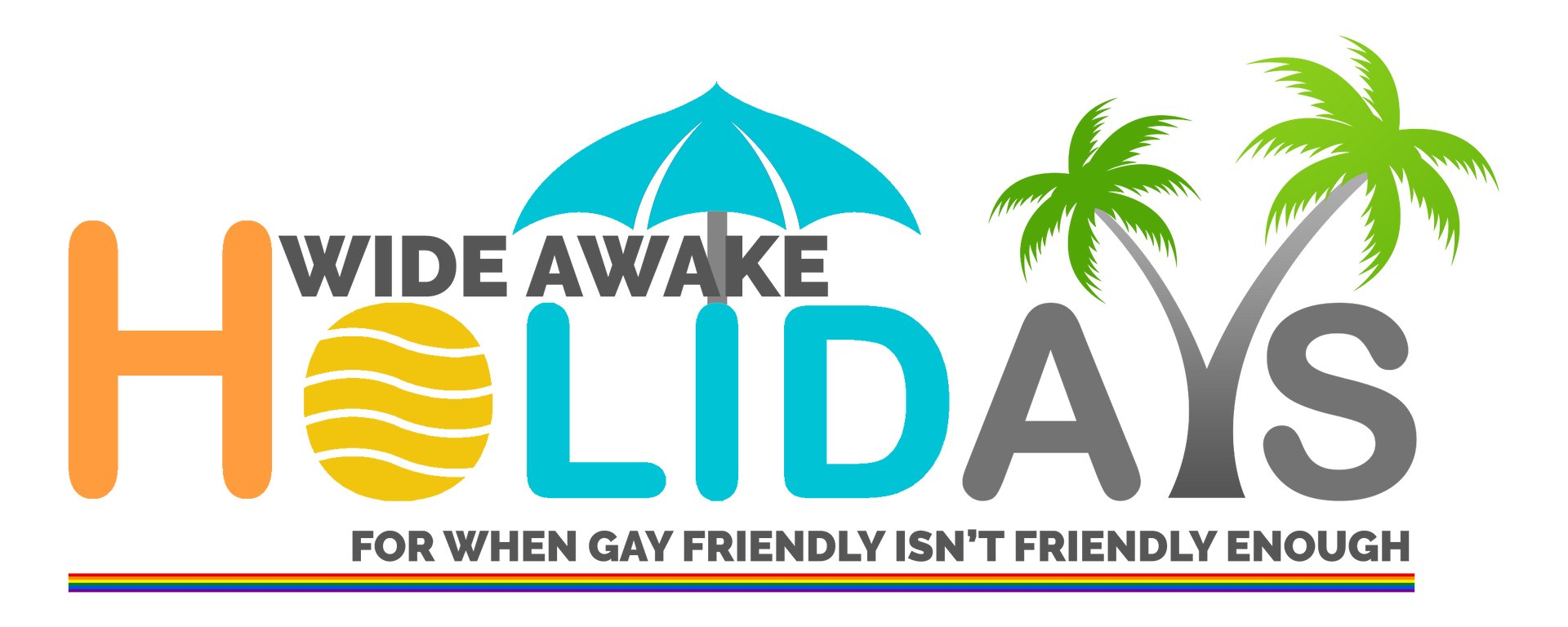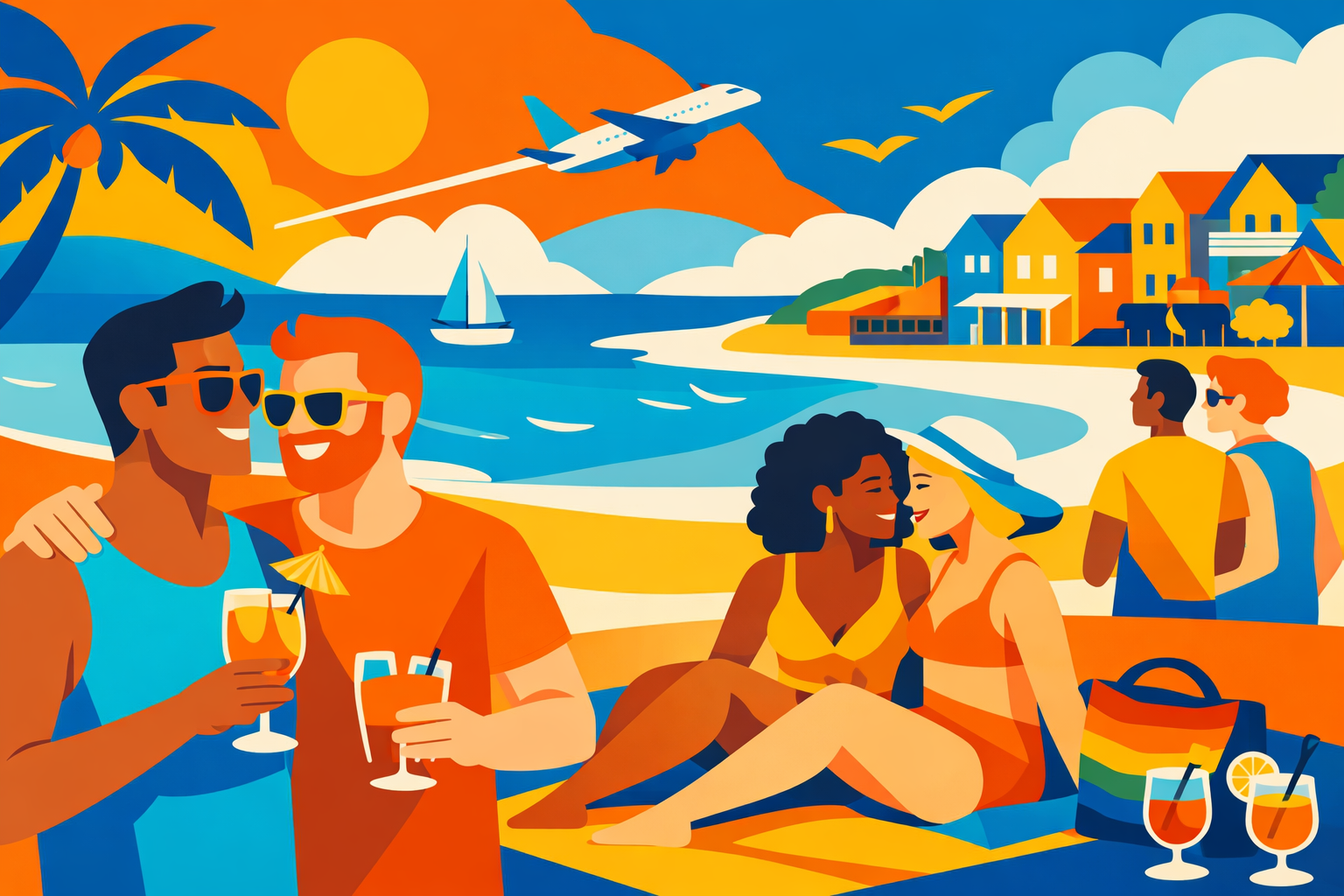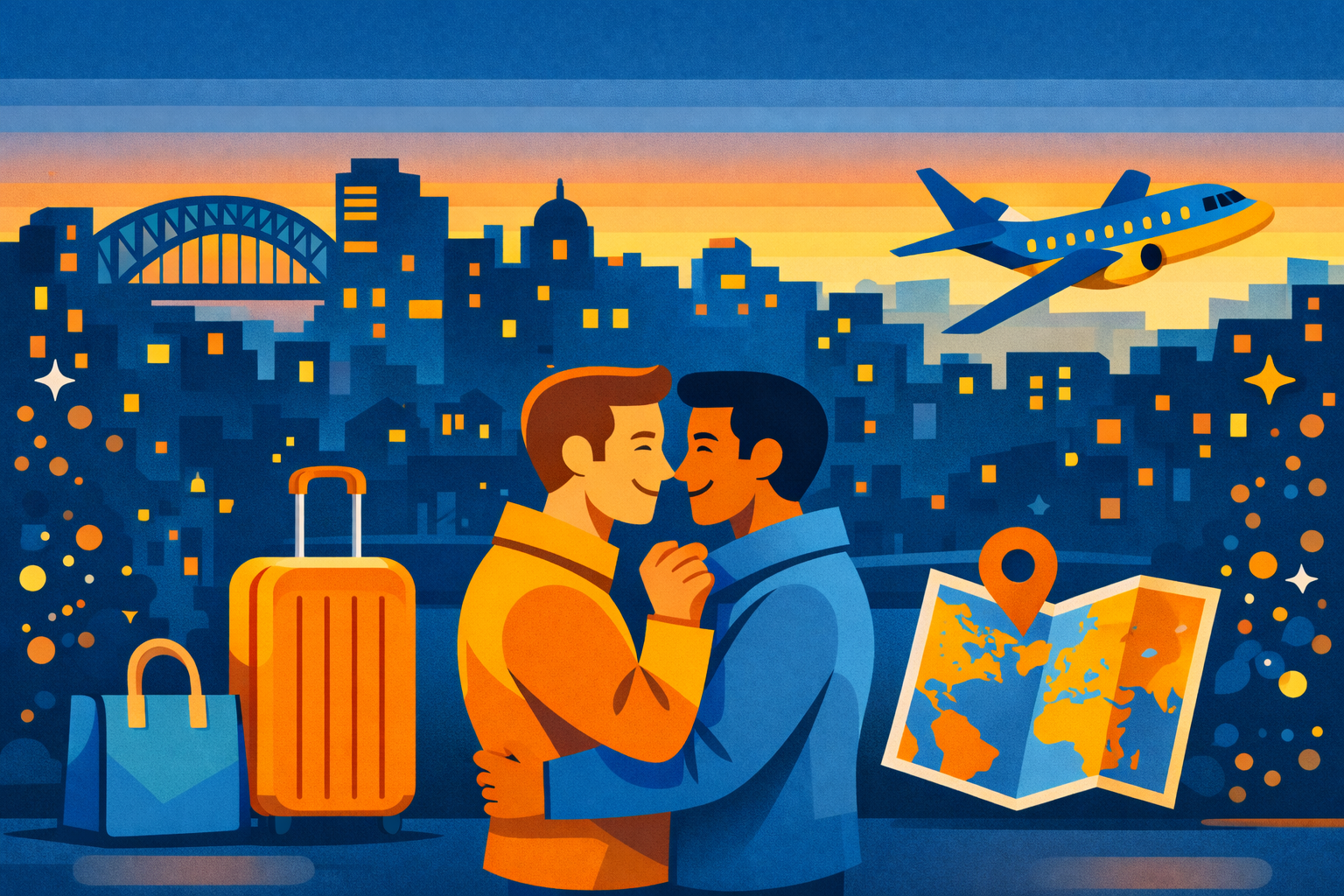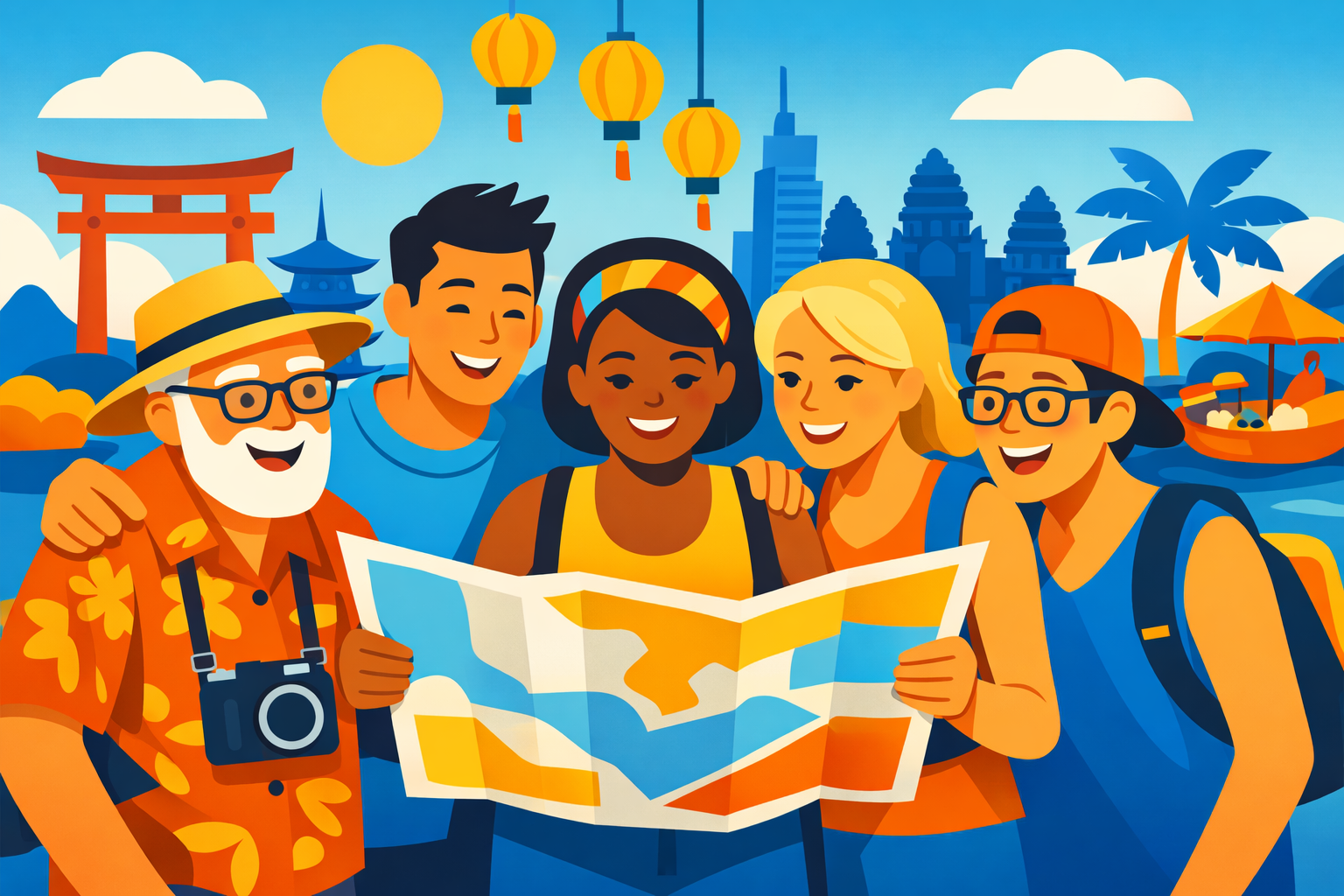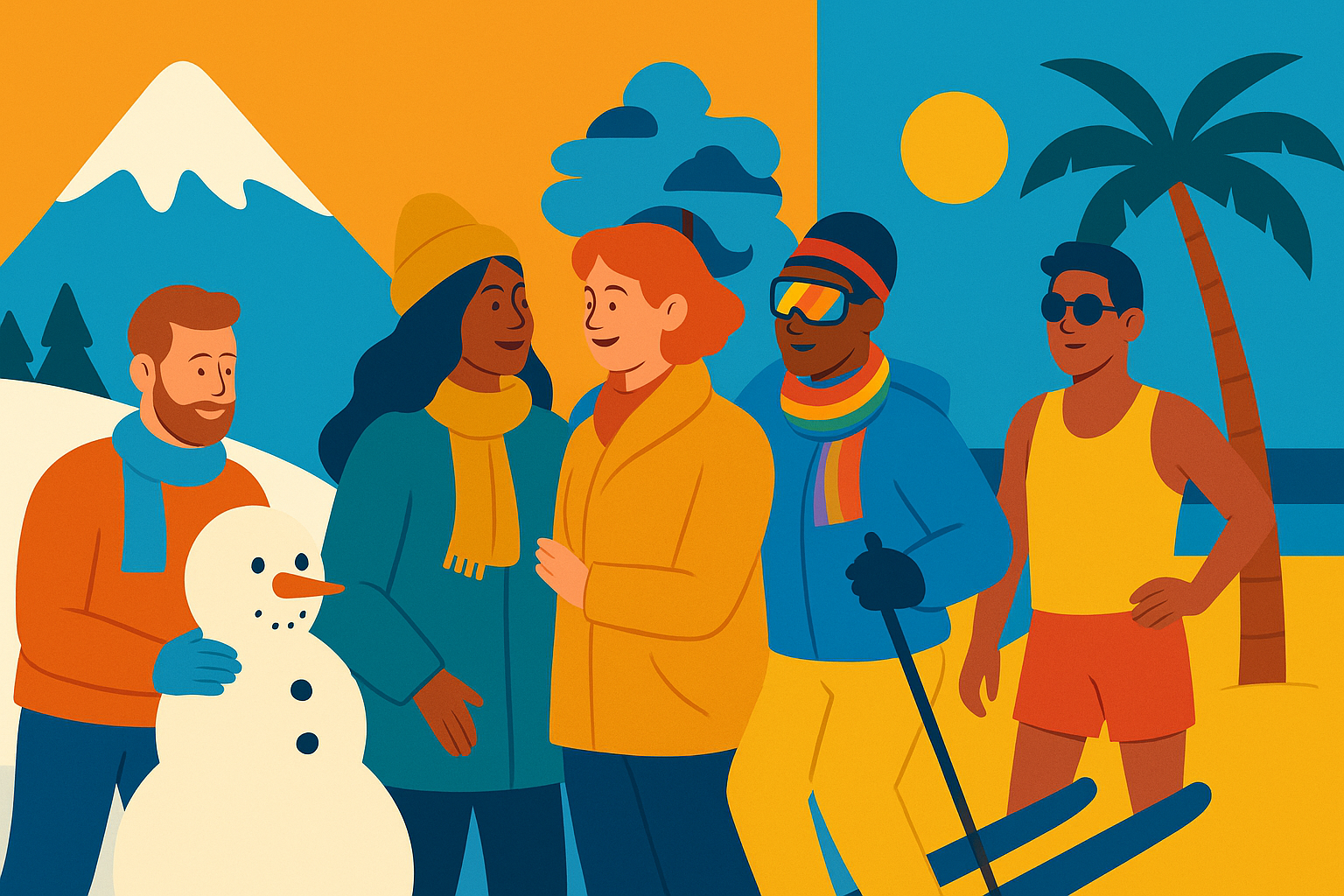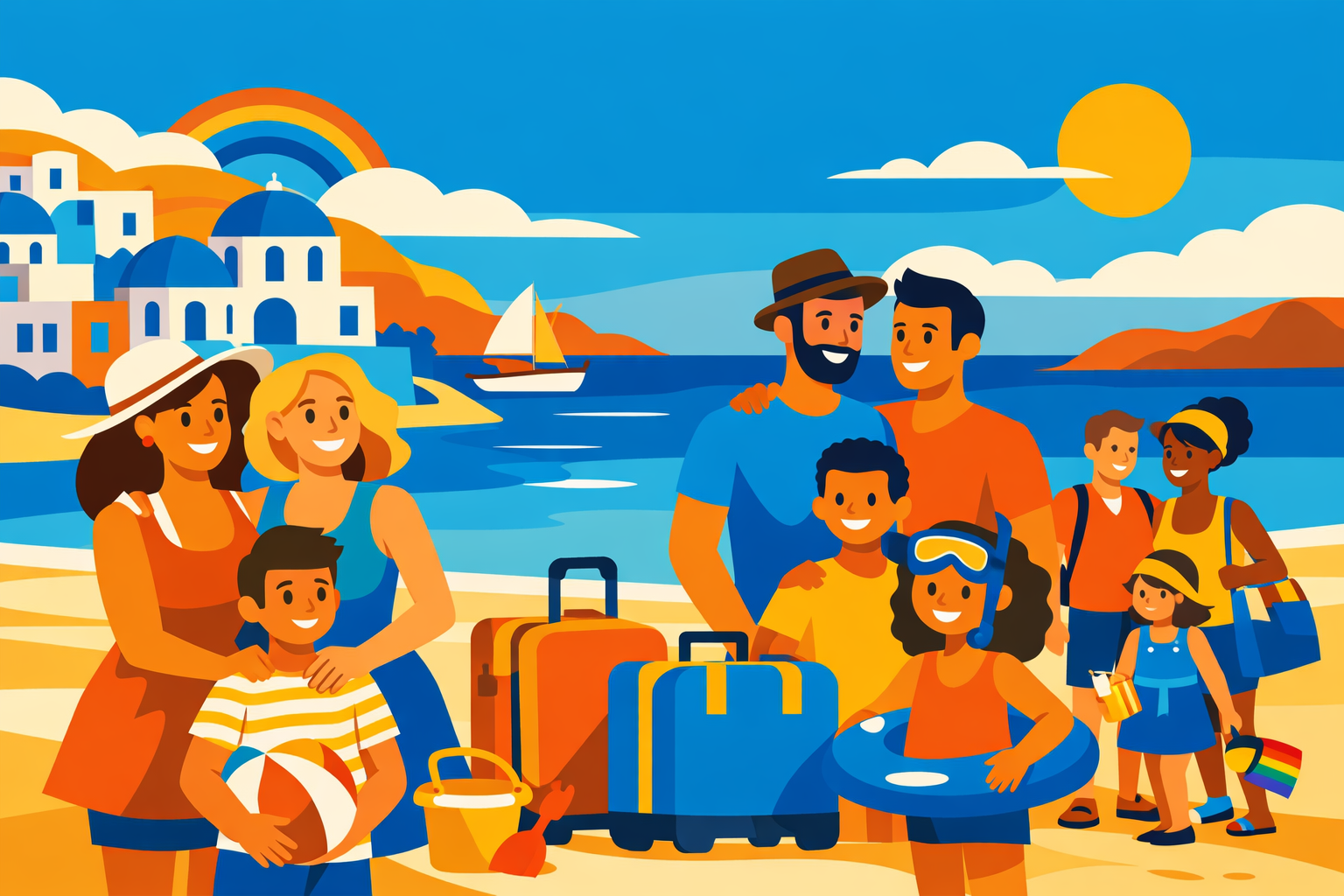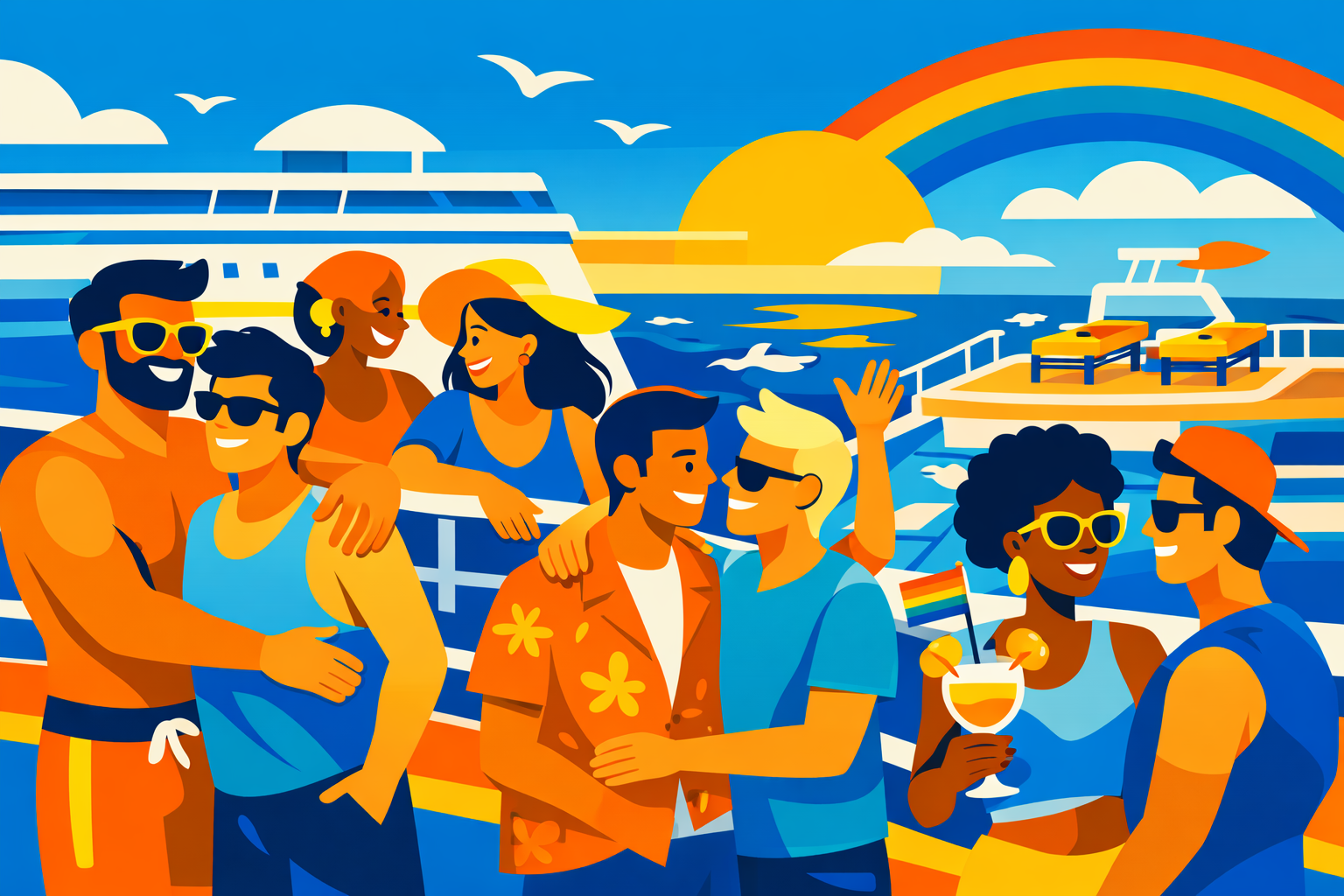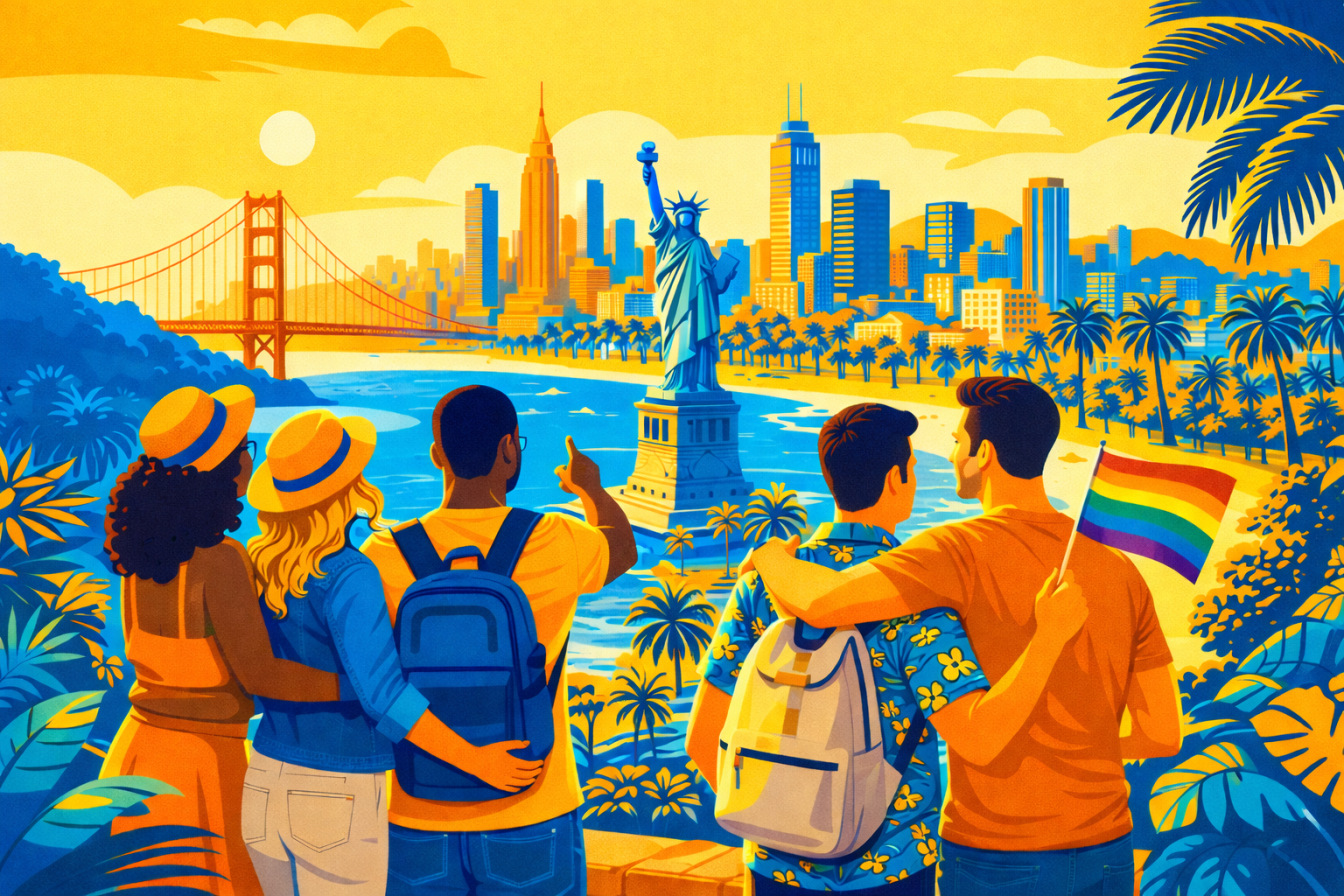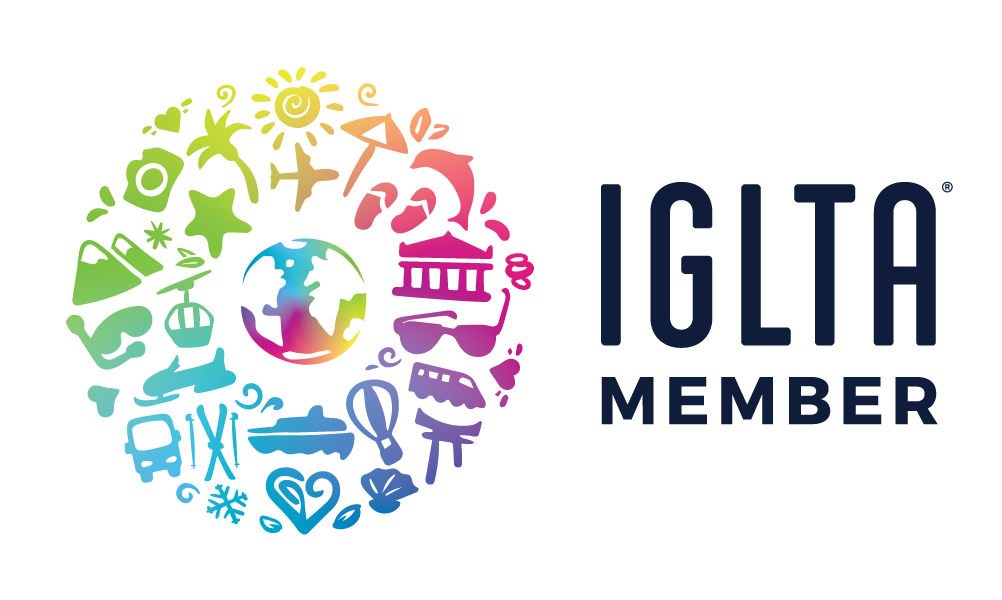The Rise of Inclusive Gay Travel in Europe: Trends, Challenges, and Future Directions
The Rise of Inclusive Gay Travel in Europe: Trends, Challenges, and Future Directions
A Brief History of LGBT Travel in Europe
Travel has long played a role in LGBT+ life, historically offering an escape from social repression or the chance to find community elsewhere. During the 20th century, European cities such as Berlin, Amsterdam, and London became known for their subcultural nightlife scenes that quietly (or sometimes flamboyantly) embraced queer travellers. However, until the decriminalisation of homosexuality across much of Europe in the latter half of the century, these destinations existed more as sanctuaries than tourist markets.
By the late 1990s and early 2000s, the conversation shifted. The concept of "gay-friendly travel" began to emerge alongside increased visibility for LGBT+ rights. Pride festivals evolved into international travel draws, with destinations like Sitges, Mykonos, and Gran Canaria establishing themselves as hotbeds of LGBT+ tourism. This period saw the birth of dedicated travel agencies catering to gay men, lesbian women, and increasingly, the broader LGBT+ spectrum.
However, this wave of development was not without criticism. Many early gay travel initiatives focused predominantly on cisgender gay men, often excluding other identities and offering experiences that were not truly inclusive.
What Inclusive Travel Really Means
Today, the travel industry is slowly recognising that inclusivity involves more than a rainbow sticker in a hotel window. Inclusive travel is defined not just by the absence of discrimination, but by the proactive creation of safe, welcoming, and affirming environments for all travellers across the LGBT+ spectrum. This includes queer families, trans and non-binary travellers, and individuals of all ages and backgrounds.
In practice, this means accommodation providers understanding pronoun use, tour guides avoiding gendered assumptions, and destinations being able to demonstrate real community engagement rather than surface-level marketing. Authentic inclusivity is about representation, accessibility, and respect.
There is also growing scrutiny around "pinkwashing," where companies market themselves as LGBT-friendly during Pride month but fail to support inclusive policies or year-round support. Modern queer travellers are increasingly savvy and selective, looking for genuine experiences that align with their values.
Key Trends in Modern LGBT Travel
The LGBT+ travel landscape in Europe has evolved rapidly in the past decade, with several major trends emerging:
- Intergenerational and Family Travel: There's been a notable rise in gay and lesbian couples travelling with children, as well as older queer travellers seeking destinations that offer both accessibility and community. Resorts and tour providers that cater to families, regardless of parental gender makeup, are in demand.
- Beyond the Gaybourhood: While historic gay districts remain popular, there is a strong move toward rural retreats, boutique stays in lesser-known towns, and nature-based escapes where travellers can relax without needing a bustling nightlife scene.
- Tailor-Made Travel: Cookie-cutter packages are being replaced by bespoke experiences. LGBT+ travellers often face unique concerns around safety, privacy, and comfort, so they increasingly favour travel agents who understand these nuances and can craft personalised itineraries.
- Inclusivity Over Exclusivity: While LGBT-only spaces remain vital, many travellers seek inclusive, mixed settings where their identity is respected without being segregated. This is particularly true for queer families and solo travellers.
Reports by the International LGBTQ+ Travel Association (IGLTA) and the European Travel Commission indicate that younger LGBT+ travellers (particularly Gen Z) place a higher value on ethics, sustainability, and authenticity than previous generations.
Case Study – Wide Awake Holidays
One UK-based example of the shift toward inclusive LGBT+ travel is Wide Awake Holidays, an independent travel company founded by members of the queer community. Recognising that "gay-friendly" is often not friendly enough, the company champions fully tailor-made holidays for LGBT+ individuals, couples, and families.
Rather than focusing solely on traditional gay destinations, Wide Awake Holidays offers bespoke trips that prioritise comfort, inclusion, and cultural immersion—whether that’s a secluded eco-lodge in Portugal, a ski adventure in the French Alps, or a family-friendly beach resort in Greece.
What sets Wide Awake Holidays apart is their commitment to meaningful inclusivity. Their itineraries are built with consideration for local LGBT+ rights, cultural sensitivities, and client-specific needs—whether that means sourcing hotels with gender-neutral facilities, planning around Pride events, or ensuring quiet luxury retreats for older couples. The company also actively supports LGBT+ community initiatives and avoids destinations with regressive laws, putting ethics before profit.
Challenges Still Facing LGBT Travellers
Despite progress, LGBT+ travellers continue to face risks and barriers that mainstream travellers often do not. Legal inequality remains a significant factor: while countries such as Spain, Portugal, and Germany offer robust protections, others like Hungary and Poland have seen rollbacks in LGBT+ rights.
Even in inclusive nations, microaggressions, assumptions, or ill-prepared service providers can sour an experience. Trans and non-binary travellers often encounter difficulties at borders, with ID checks, or in gendered spaces such as spas or airport security. Couples may also feel the need to edit their behaviour—avoiding handholding, for example—based on local norms.
These challenges underscore the importance of booking through agents who are aware of these nuances and can prepare clients accordingly. Transparent advice, legal guidance, and curated destination choices can make the difference between a stressful or seamless holiday.
Looking Ahead: The Future of LGBT Travel in Europe
As LGBT+ rights expand across Europe (with notable exceptions), the future of inclusive travel looks bright—but will also demand higher standards. Travellers are no longer content with tolerance; they want to feel welcomed, valued, and celebrated.
The rise of AI-driven travel planning, digital nomadism, and queer community-led tourism initiatives is reshaping how LGBT+ holidays are conceived and booked. More companies are expected to integrate ethical sourcing, sustainability, and social impact into their offerings—not as a trend but as a baseline expectation.
Queer-owned businesses like Wide Awake Holidays will continue to play a pivotal role in this evolution, proving that authentic representation and inclusive design can transform the travel experience for everyone.
As travellers become more conscious, they will gravitate toward companies that embody their values—not just those that offer good deals. The success of inclusive travel will ultimately depend on how the industry listens, learns, and evolves.
Sources used to support this article include: ILGA-Europe Rainbow Map, International LGBTQ+ Travel Association Annual Reports, European Travel Commission LGBT Travel Studies, and government tourism board publications.
Some of our Latest Offers
Discover our latest hand-picked travel offers below – automatically updated and inspired by the destinations featured in this blog.
